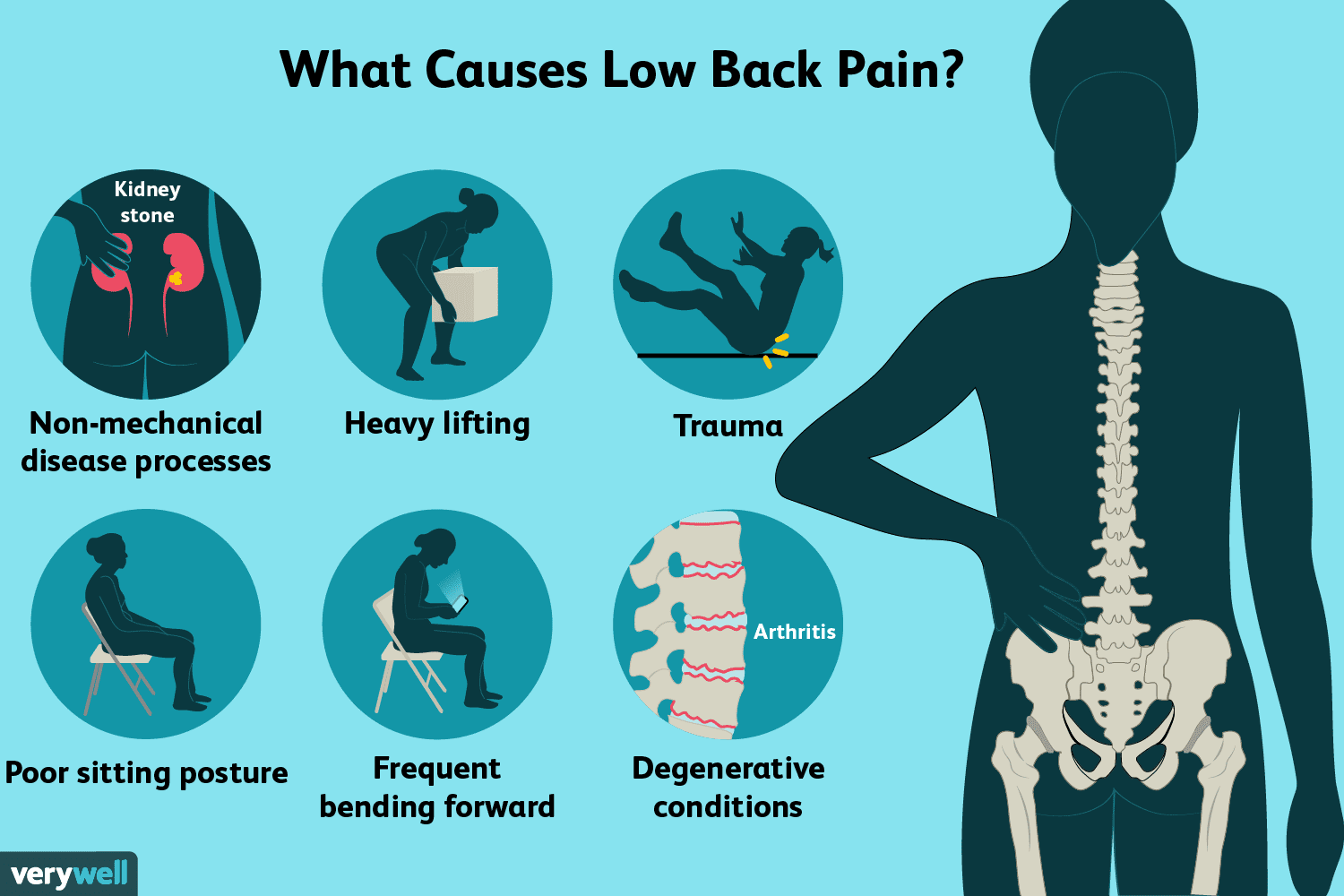Discover the Power of Exercise: A Guide to Improved Health and Well-Being
Physical exercise has been proven to have numerous benefits for both the body and the mind. From improving cardiovascular health to boosting mood and reducing stress, regular exercise is essential for overall well-being. In this article, we will explore the power of exercise and how it can transform your health and quality of life.
The Benefits of Exercise
Regular physical activity has a wide range of benefits for our bodies and minds. Some of the key benefits include:
- Improved cardiovascular health: Exercise helps to strengthen the heart and improve circulation, reducing the risk of heart disease and stroke.
- Weight management: Regular exercise helps to burn calories and maintain a healthy weight, reducing the risk of obesity and related health issues.
- Enhanced mood: Physical activity releases endorphins, which are natural mood lifters, helping to combat stress, anxiety, and depression.
- Increased energy levels: Regular exercise can boost energy levels and improve overall stamina, making daily activities easier and more enjoyable.
- Improved sleep quality: Exercise can help regulate sleep patterns, leading to better quality sleep and improved overall well-being.
- Stronger muscles and bones: Regular physical activity helps to build and maintain strong muscles and bones, reducing the risk of injury and osteoporosis.
Types of Exercise
There are many different types of exercise, and finding the right one for you is essential for creating a sustainable and enjoyable fitness routine. Some popular types of exercise include:
- Aerobic exercise: Activities such as walking, running, swimming, and cycling that increase the heart rate and improve cardiovascular health.
- Strength training: Using weights, resistance bands, or body weight exercises to build and tone muscles.
- Flexibility and balance: Activities such as yoga and Pilates that improve flexibility, balance, and posture.
- High-intensity interval training (HIIT): Short bursts of intense exercise followed by periods of rest, designed to boost fitness levels and burn calories quickly.
Getting Started with Exercise
If you are new to exercise or have been inactive for a while, it’s important to start slowly and gradually build up your fitness levels. Here are some tips for getting started with exercise:
- Consult your doctor: If you have any existing health conditions or concerns, it’s important to speak with your doctor before starting a new exercise routine.
- Set realistic goals: Start with small, achievable goals and gradually increase the intensity and duration of your workouts as your fitness improves.
- Find activities you enjoy: Try different types of exercise to find what you enjoy and are more likely to stick with in the long term.
- Make it a habit: Schedule regular exercise sessions into your weekly routine and make it a priority.
- Stay consistent: Consistency is key to seeing results, so aim to exercise on a regular basis, even if it’s just for a few minutes each day.
Conclusion
Exercise is a powerful tool for improving both physical and mental health. From reducing the risk of chronic diseases to boosting mood and energy levels, regular physical activity is essential for overall well-being. By finding activities that you enjoy and making exercise a regular part of your routine, you can reap the numerous benefits of a healthy and active lifestyle.
FAQs
What is the recommended amount of exercise per week?
The American Heart Association recommends at least 150 minutes of moderate-intensity aerobic activity or 75 minutes of vigorous-intensity aerobic activity per week, along with muscle-strengthening activities on two or more days per week.
Is it better to exercise in the morning or evening?
The best time to exercise is the time that works for you. Some people prefer morning workouts to kickstart their day, while others find that evening exercise helps them unwind and de-stress after a long day.
What if I have a busy schedule? How can I fit in exercise?
Fitting in exercise with a busy schedule can be challenging, but it’s not impossible. Look for opportunities to incorporate physical activity throughout the day, such as taking the stairs instead of the elevator, going for a walk during your lunch break, or doing a quick workout at home.
How can I stay motivated to exercise?
Staying motivated to exercise can be tough, but setting realistic goals, finding activities you enjoy, and seeking support from friends or a workout buddy can help keep you on track. Remember to focus on the long-term benefits of exercise and celebrate your progress along the way.







